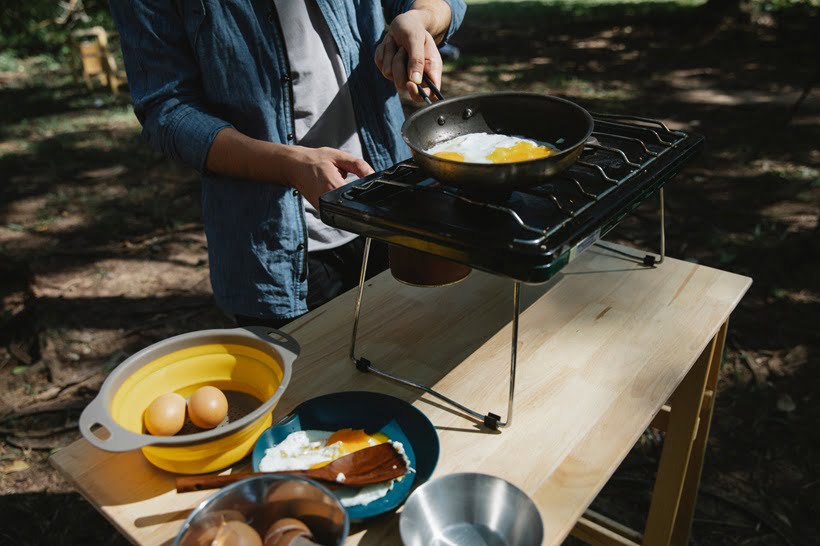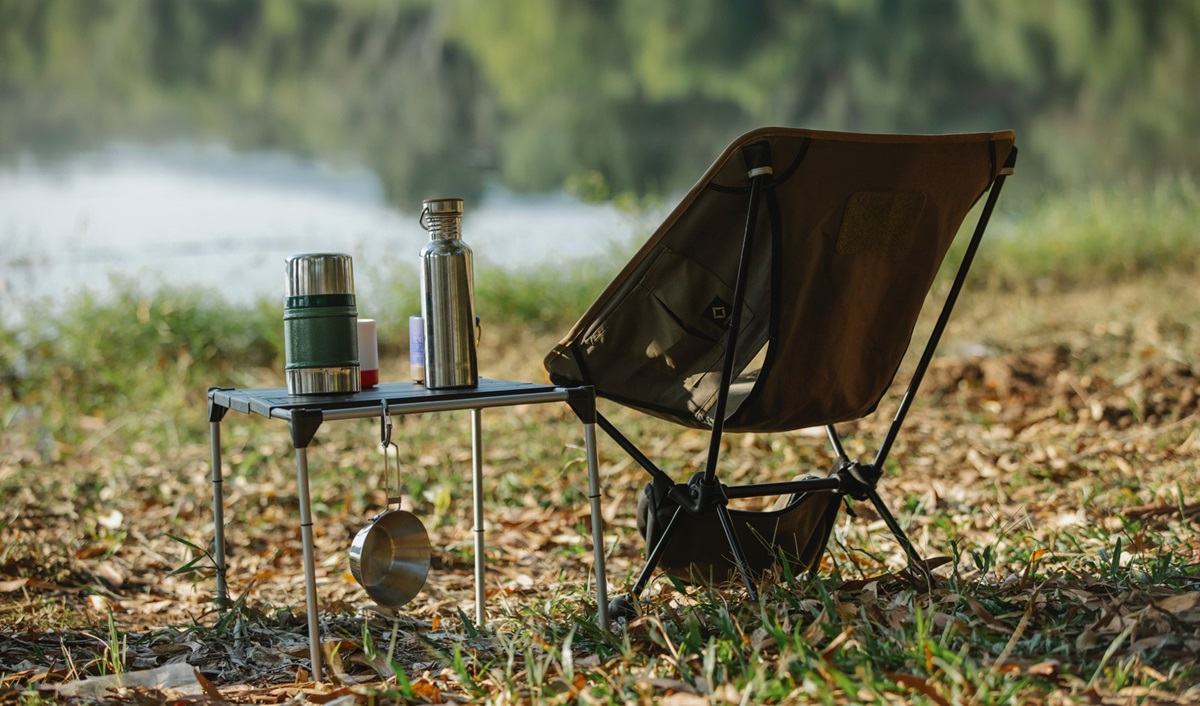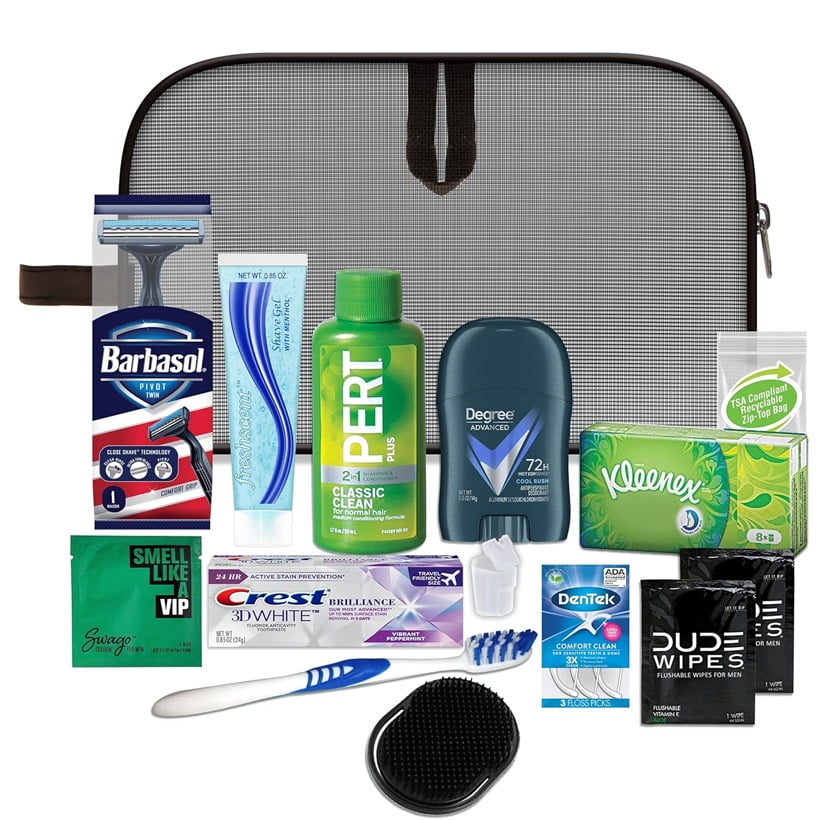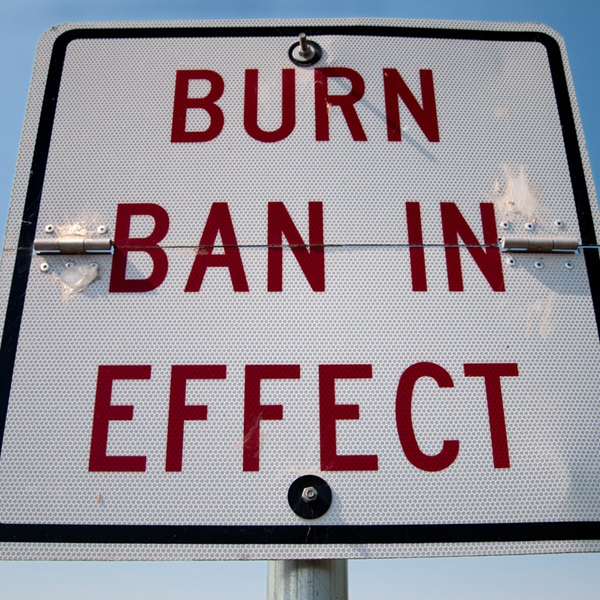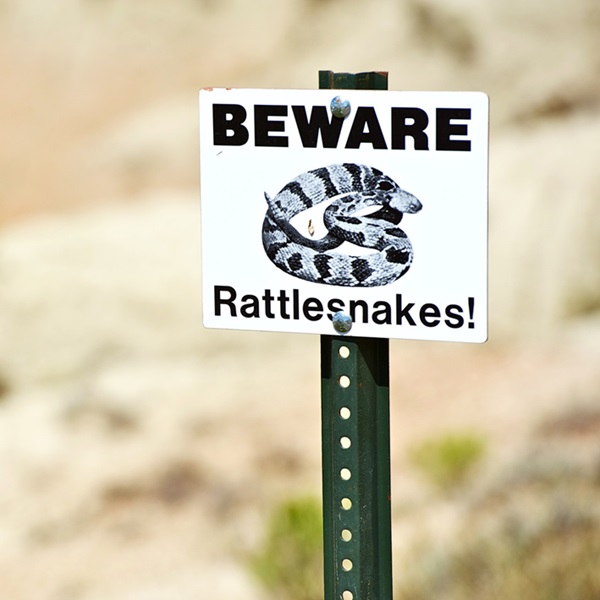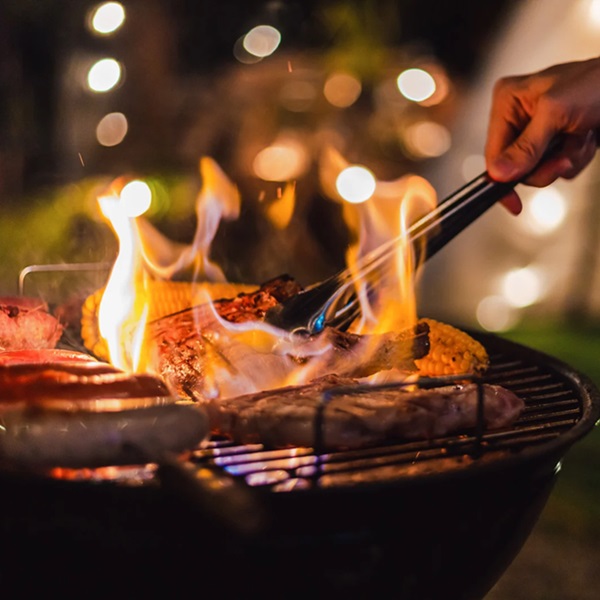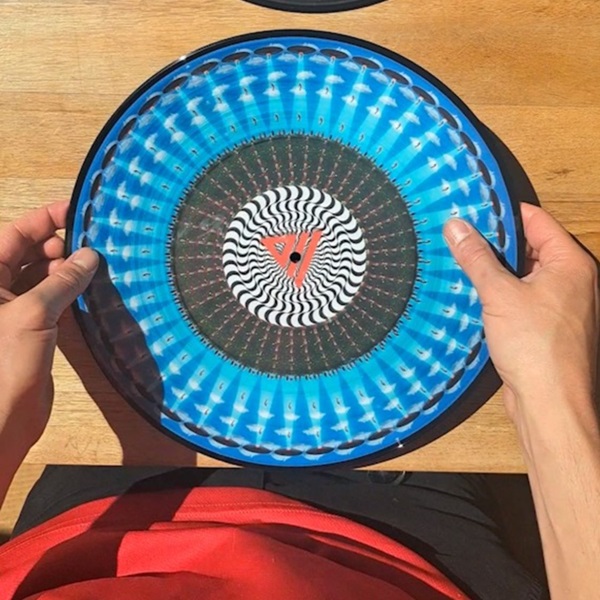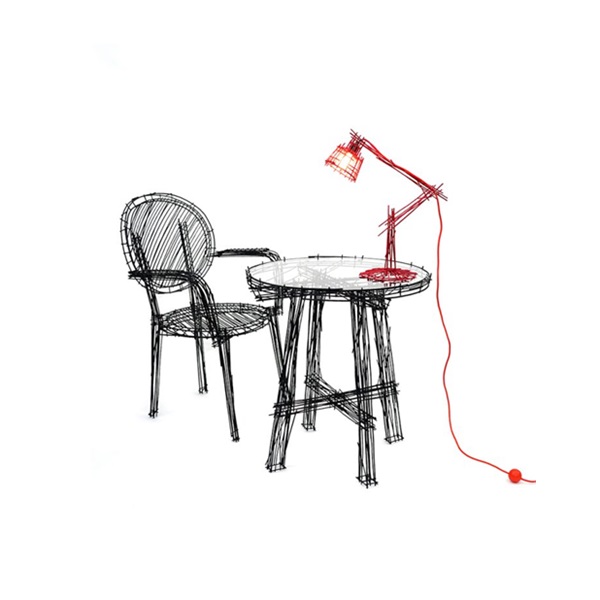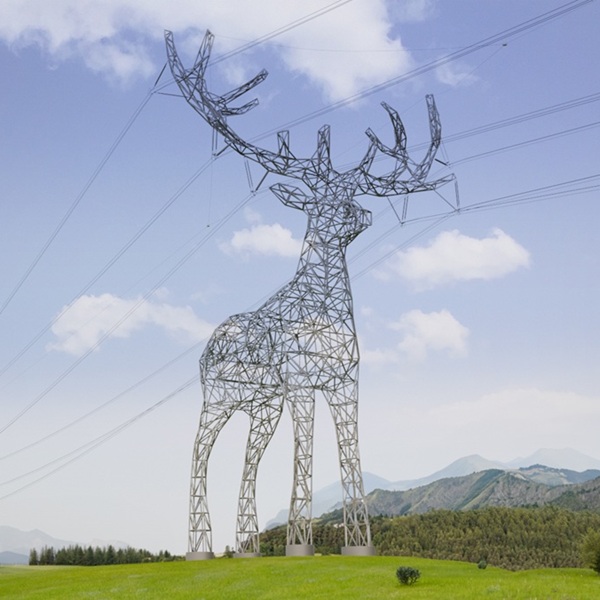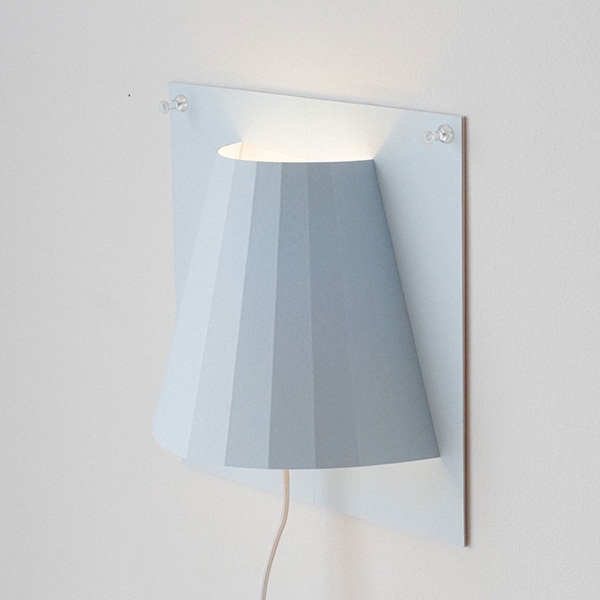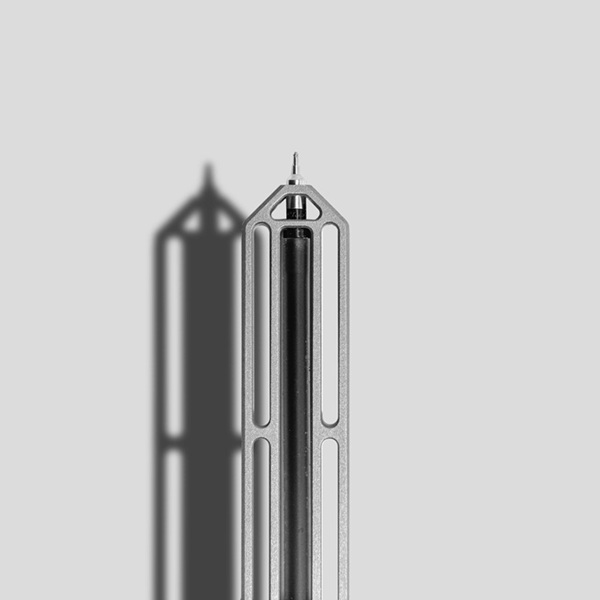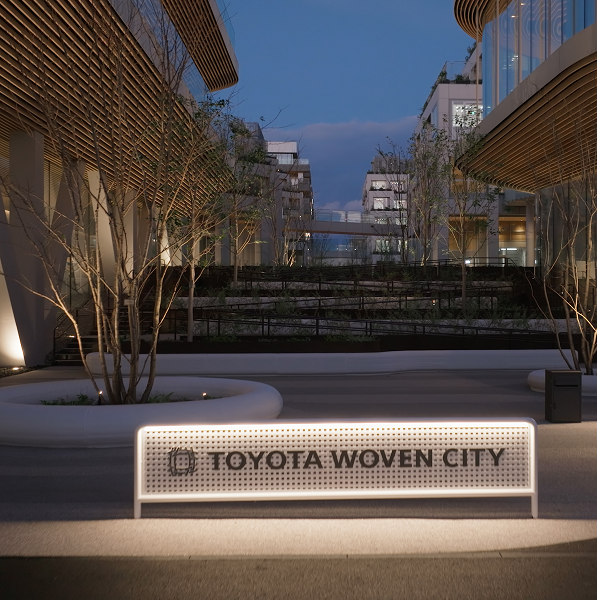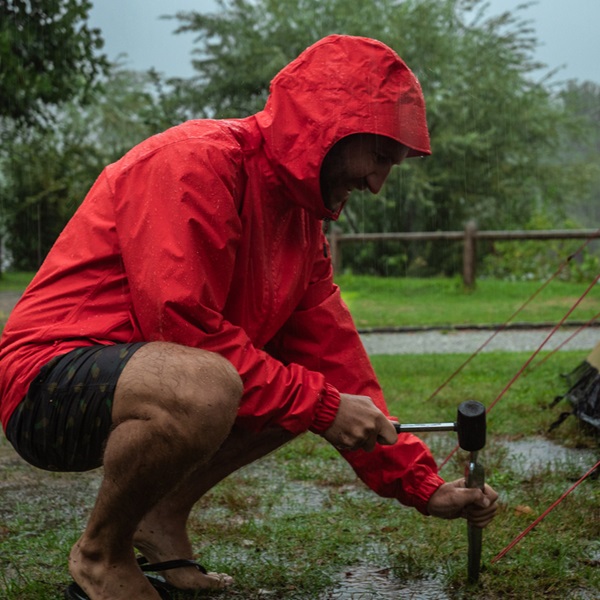
The idea of camping may seem intimidating. Because the whole adventure is full of unknowns and potential challenges. There are essentials for camping for beginners. Without the basic knowledge, it will be difficult for you to enjoy your camping.
Camping for beginners requires a good plan that is supported by high-quality camping equipment and essentials. For example, you should collect essential gear, clothing, toiletries, meals, etc. In the guide below, you can find detailed information about these camping essentials for beginners.
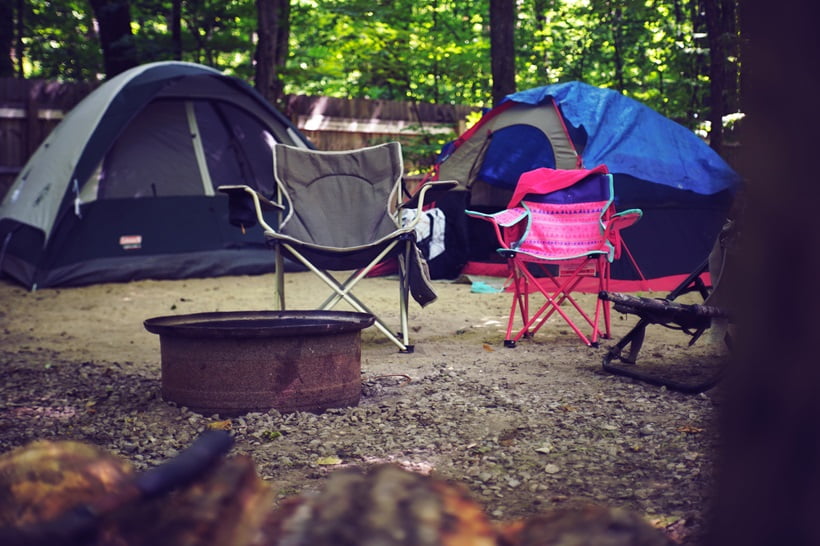
Camping Tips for Beginners: Essential Gear
You can find essentials for camping for beginners at sports and camping stores. The camping equipment list: tent, sleeping bag, camping chairs, portable stove, lighting, cooler, pots, and plates. Each piece of this gear plays a pivotal role in the camping experience.
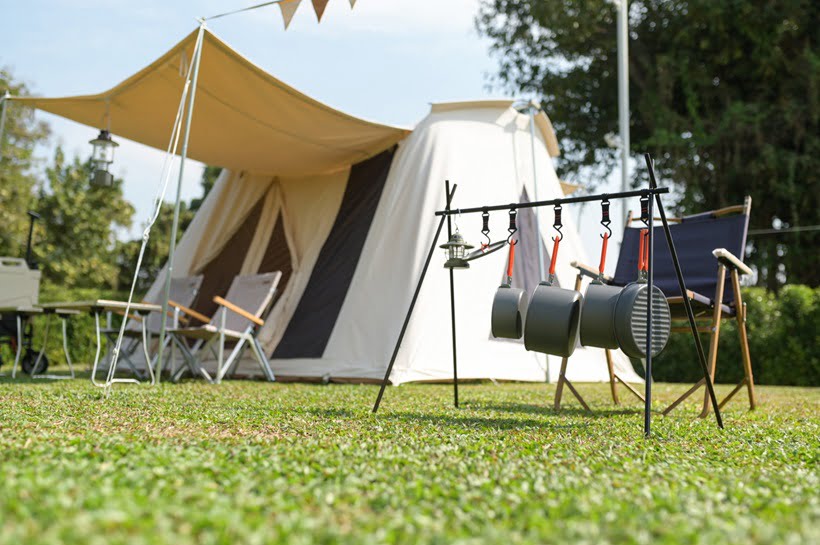
Tent
Your home away from home, a tent, is the cornerstone of camping comfort. It offers shelter from the elements and a cozy space to rest. When choosing a tent, consider factors like size, weather resistance, and ease of setup.
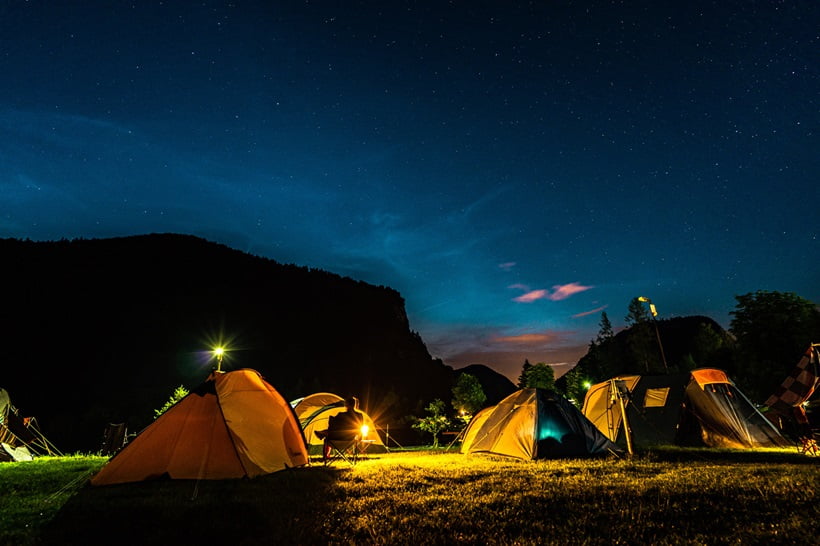
Sleeping Bag
A good-quality sleeping bag should suit the climate of your camping destination, offering warmth in cold conditions and breathability in warmer climates.
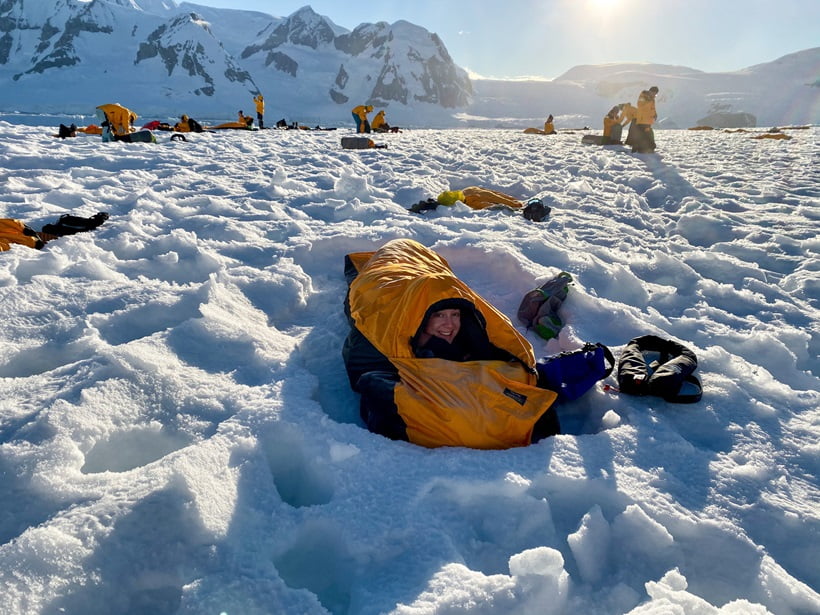
Camping Chairs
A comfortable camping chair is a must-have camper equipment. You should opt for lightweight, durable, and easy-to-pack items. Some come with additional features like cup holders, reclining abilities, and even built-in footrests.
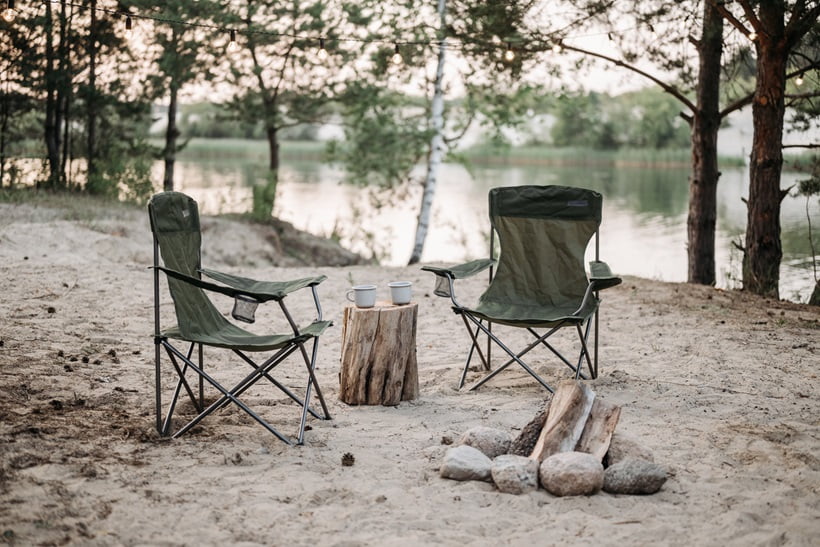
Camp Stove
A portable camp stove is another important piece of camping equipment. Whether it is a simple backpacking stove for heating water or a more elaborate camping grill for gourmet meals, you should ensure it is user-friendly and suits your cooking style.
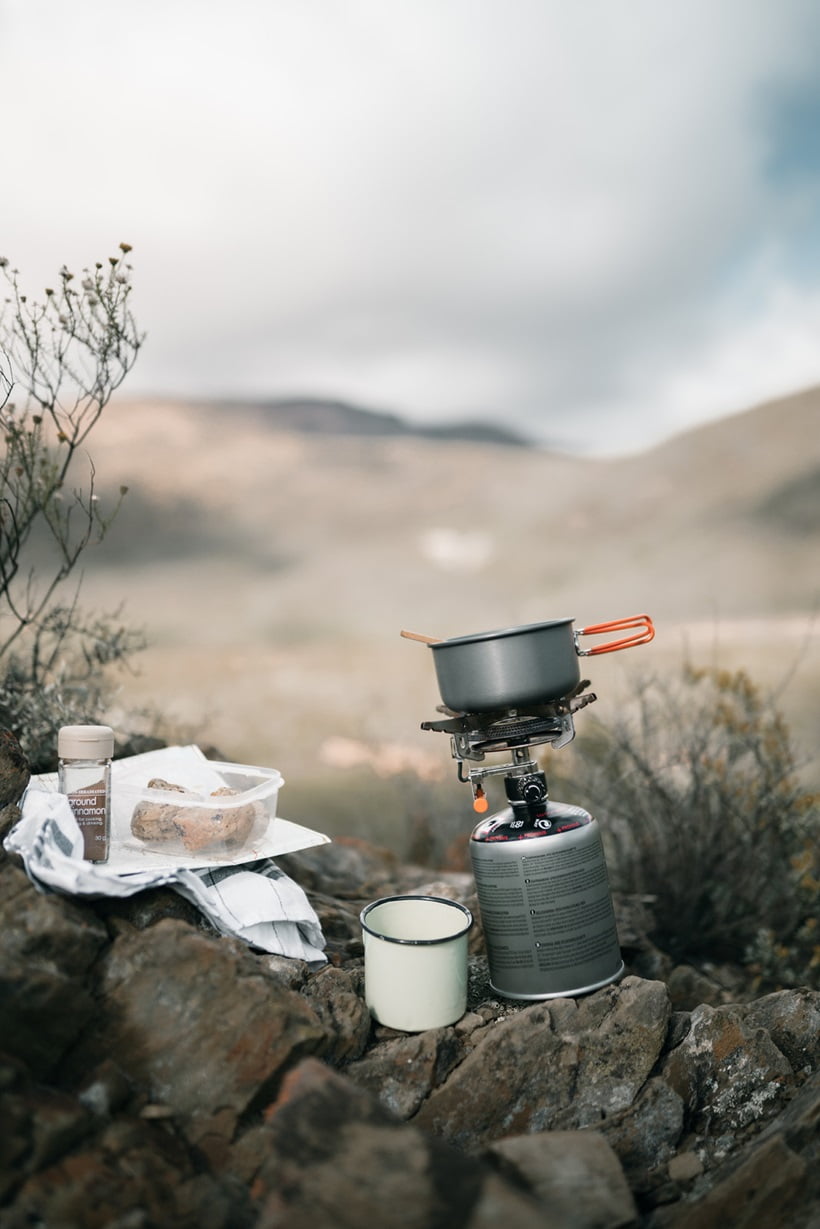
Lighting
From headlamps and flashlights for personal use to lanterns that illuminate your campsite, you should try to find the best lighting solution that is bright and long-lasting.
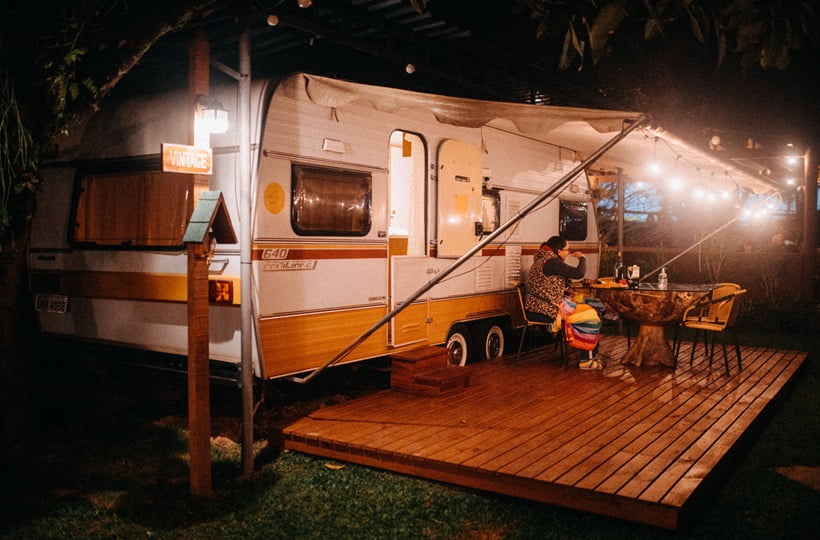
Cooler
To keep your food fresh and your drinks chilled, you should get a cooler. You can look for coolers with excellent insulation, storage space, and ease of transport.
Pots and plates
You should get durable and easy-to-clean pots and plates. You can choose stainless steel or aluminum, in addition to compact and stackable designs.
Clothing
Camping for beginners can be difficult. Most of the time, beginners miss wearing proper clothing. Below, you can see clothing suggestions according to season.
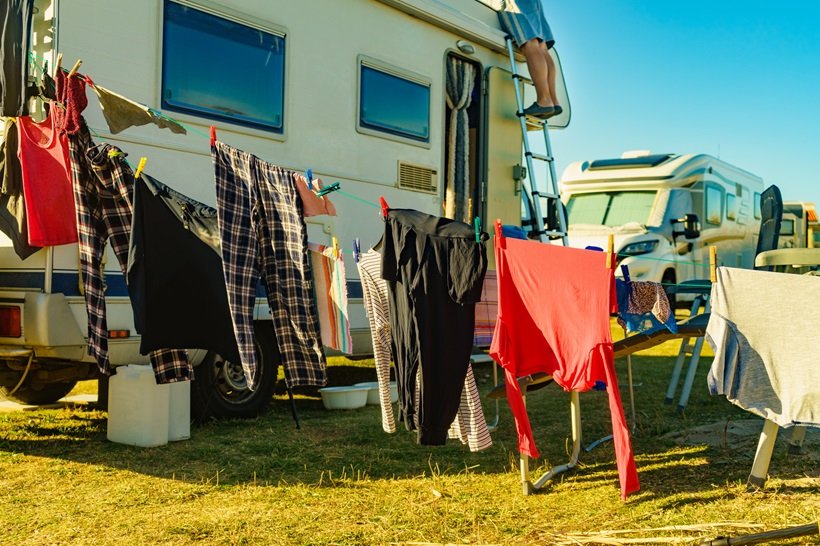
Spring and fall
During these transitional seasons, layering is key. You should start with a moisture-wicking base layer to keep sweat away from your skin. In addition, you should add a warm, insulating middle layer, such as a fleece or lightweight down jacket. Later, you should top it off with a waterproof and windproof outer layer to protect against unpredictable weather. Lastly, do not forget a hat and gloves for chilly mornings and evenings.
Summer
In summer, you can choose lightweight, breathable, and moisture-wicking fabrics to keep cool. Long-sleeved shirts and pants made from light materials can protect you against sunburn and insect bites. In addition, a wide-brimmed hat, sunglasses, and a good SPF sunscreen are essential to shielding you from harmful UV rays. Lastly, for footwear, breathable hiking shoes or sandals are ideal.
Winter
Camping for beginners in the winter can be challenging. You should start with thermal underwear as your base layer. In addition, you should add a thick insulating layer, like a down or synthetic jacket. Your outer layer should be waterproof and windproof to protect against snow and cold winds. Insulated, waterproof boots, thermal socks, a beanie, and waterproof gloves or mittens are vital to keep extremities warm.
Toiletries as Camping Equipment
The camping list for beginners should always include toiletries because many campers mostly cannot remember these essentials. You should get biodegradable soap, toothbrushes and toothpaste, toilet paper and trowels, hand sanitizer, moisturizer, first aid kits, etc. In addition, you can get insect repellent to protect yourself from pesky bugs.
Meal Planning
Camping for beginners is more enjoyable when you plan each meal perfectly. Because spending time in nature may make you consume more nutrition. Therefore, you should try to provide yourself with more energy.
Simplicity and Nutrition: You should focus on simple, nutritious meals that require minimal preparation. In addition, you should incorporate a balance of proteins, carbohydrates, and fats. Pre-packaged meals, instant rice, pasta, and canned beans are great bases for quick, energy-rich meals.
Make-Ahead Meals: You should prepare and pack meals that can be made ahead of time. For example, items like pre-marinated meats, sandwich fillings, or pre-mixed salads can save a lot of time and hassle at the campsite.
Snacks and Energy Boosters: You should pack a variety of snacks like nuts, dried fruits, granola bars, and jerky. These are perfect for quick energy boosts during hikes or other activities.
Cooking Method Compatibility: You should plan meals according to your cooking method, whether it is a campfire, portable stove, or grill. Lastly, you should remember that some foods cook differently over an open flame.
Portion Planning: You should estimate the right amount of food per person for each meal to avoid overpacking. It is also essential to consider the increase in appetite due to outdoor activities.
Water and Hydration: You should ensure you have adequate water for drinking, cooking, and cleaning. If you are unsure about water availability at your campsite, you can bring a portable water filter or purification tablets.
Non-Perishable Foods: You should incorporate non-perishable items like canned goods, trail mix, and powdered milk. They are not only convenient, but they also reduce the risk of food spoilage.
Special Dietary Needs: You should cater to any specific dietary requirements or allergies within your group. Gluten-free, vegetarian, or dairy-free options should be considered if applicable.
Leave-No-Trace Ethics: You should plan meals with minimal waste in mind. Lastly, you should opt for reusable containers and avoid single-use plastics. Dispose of waste properly or pack it out.
